The significance of coffee beans| Why coffee beans? The purpose of coffee beans?
I don't know if everyone has ever had the same experience as the editor: I couldn't wait to drink the coffee beans I just bought, and found that how to adjust the cooking data was not ideal. As a result, on the 4th and 5th day, it suddenly became better. I thought I had finally found a suitable cooking method, but the beans were almost gone, and I thought another bag of beans was wasted.
This is today's topic: the freshness of the ripening stage of coffee beans-- raising beans.
Coffee beans came all the way to the roasting plant, their own roasting cafe, roasting studio. About 15-20 days before roasting, until the roaster finishes the baking, and until the consumer buys it home, the coffee beans are ripe from growing up to the most exciting part of the flavor, which is the mature stage defined by the editor.
When there is no problem with the freshness of the raw bean stage, what is the main focus of the ripening stage of coffee beans? That's the baking process! General impression of coffee roasting, in the simplest language is: the raw coffee beans into the roaster, let the coffee beans heated, coffee beans dehydration, roasting process.
Of course, such a vague statement should be scoffed by the bakers. after all, coffee roasting is really a very professional technology, including baking curve, dehydration rate, throttle, firepower, temperature control, time. With a variety of manors, different batches, different densities of beans, and different changes, all test the baker's skills.
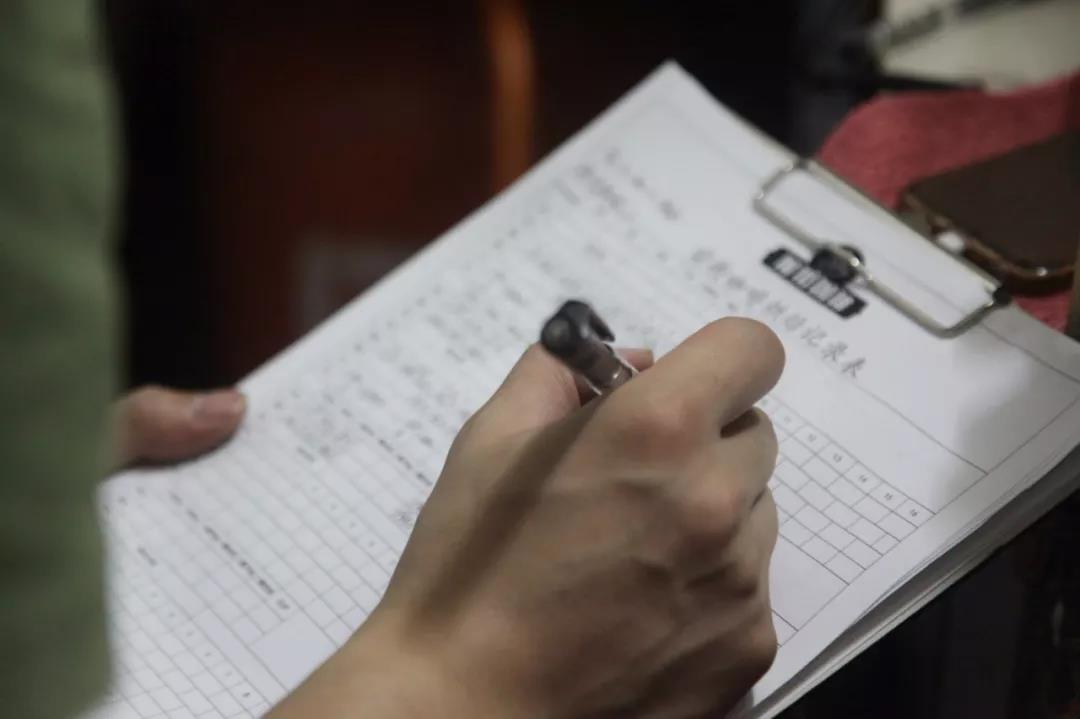
But this part is too professional, so let's not discuss it here. Or think in the simplest consumer language: when the coffee beans are cooked, is the baking over? The answer is not necessarily.
Whether raising beans or not will affect the freshness of coffee beans.
Friends who have bought their own baking must often hear the word "raise beans". To put it simply, after the coffee beans have been roasted and cooled and bagged, let him leave them for a few days to make the coffee beans taste more complete. The editor believes that the correct time for raising beans can be said to be a part of baking, and it should be guarded by the baker, not let consumers guess.
However, whether or not to raise beans is not absolute, and the length of time is not certain. if the time is too short, the flavor of the coffee is incomplete and it is not easy to brew, which is not a good baking; if it is kept for too long, from a fresh point of view, it will certainly affect the maintenance of freshness, leading to the risk of not fresh to consumers, which is certainly not good.

Therefore, in the ripening stage of coffee beans, we should correctly understand the cultivation of beans, develop good habits of buying and storing beans, and keep coffee beans in a fresh and delicious state. There is no standard answer for the time of growing beans. The reason is that each baker has different baking methods, different baking depth, and different damage to the structure of coffee beans, so there is no standard answer for the time of growing beans.
If it was more than a decade ago, when boutique coffee just started, there was little information about coffee, and the scientific research and baking technology of coffee was not as good as it is now. It is really hard to rely on the shop owner to provide all the data. So at that time, relying on the assistance of many coffee lovers, provided a lot of valuable data, but also promoted the development of boutique coffee, but actually drank a lot of wronged coffee …
In order to popularize boutique coffee, consumers can know the best time for the flavor of a packet of boutique coffee without experiment. The editor thinks that marking the time of growing beans is a more feasible way, which should not be difficult for boutique cafes that have the ability to bake their own coffee beans and cup tests.
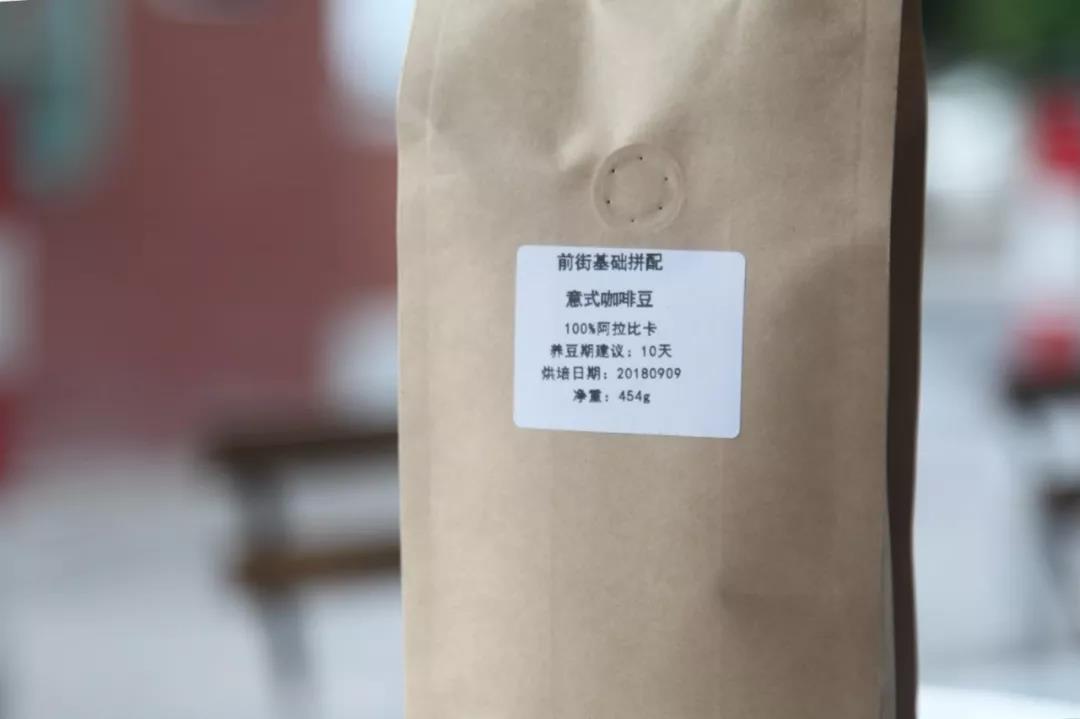
For boutique cafes that sell their own roasted coffee, the following three things should be clearly marked, or can be provided during consumer consultation:
1. Roasting date of coffee beans
two。 The best date for coffee beans to grow
3. Expiration date of coffee beans
These three dates will clearly show the freshness of the ripening stage of coffee beans, and the three dates form three stages, telling us when the coffee is really fresh.
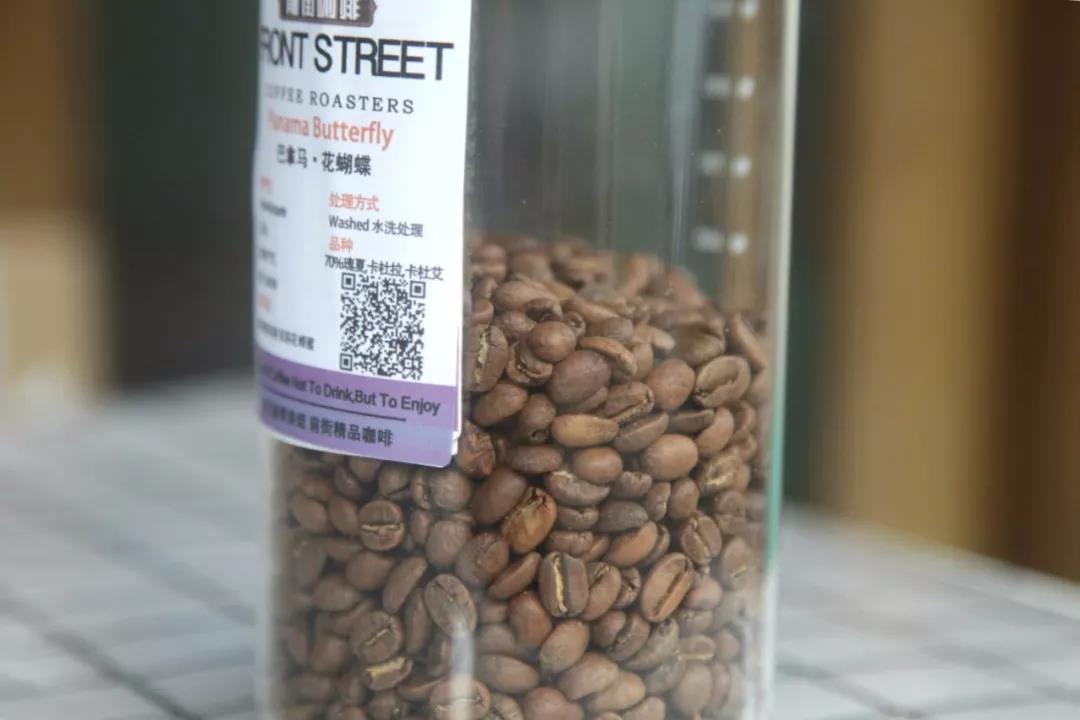
In the process of growing beans, coffee beans will constantly emit carbon dioxide and continue to carry out chemical reactions. At this time, the bags of coffee beans will be filled with carbon dioxide, and carbon dioxide is actually the best antioxidant, which can keep the coffee fresh (because there is no oxygen, no oxidation, no oxidation, can keep fresh).
Therefore, in the process of raising beans, do not open the bags of coffee beans, and do not squeeze the gas inside to smell whether it smells good or not (this is what the editor used to like to do). Because if you turn it on, it will not speed up the cultivation of beans, let the carbon dioxide escape, mix with a lot of oxygen, and increase the chances of oxidation; if you squeeze out the carbon dioxide, the coffee beans will also lack protection, resulting in a faster loss of flavor.
Factors affecting bean cultivation
Baking degree
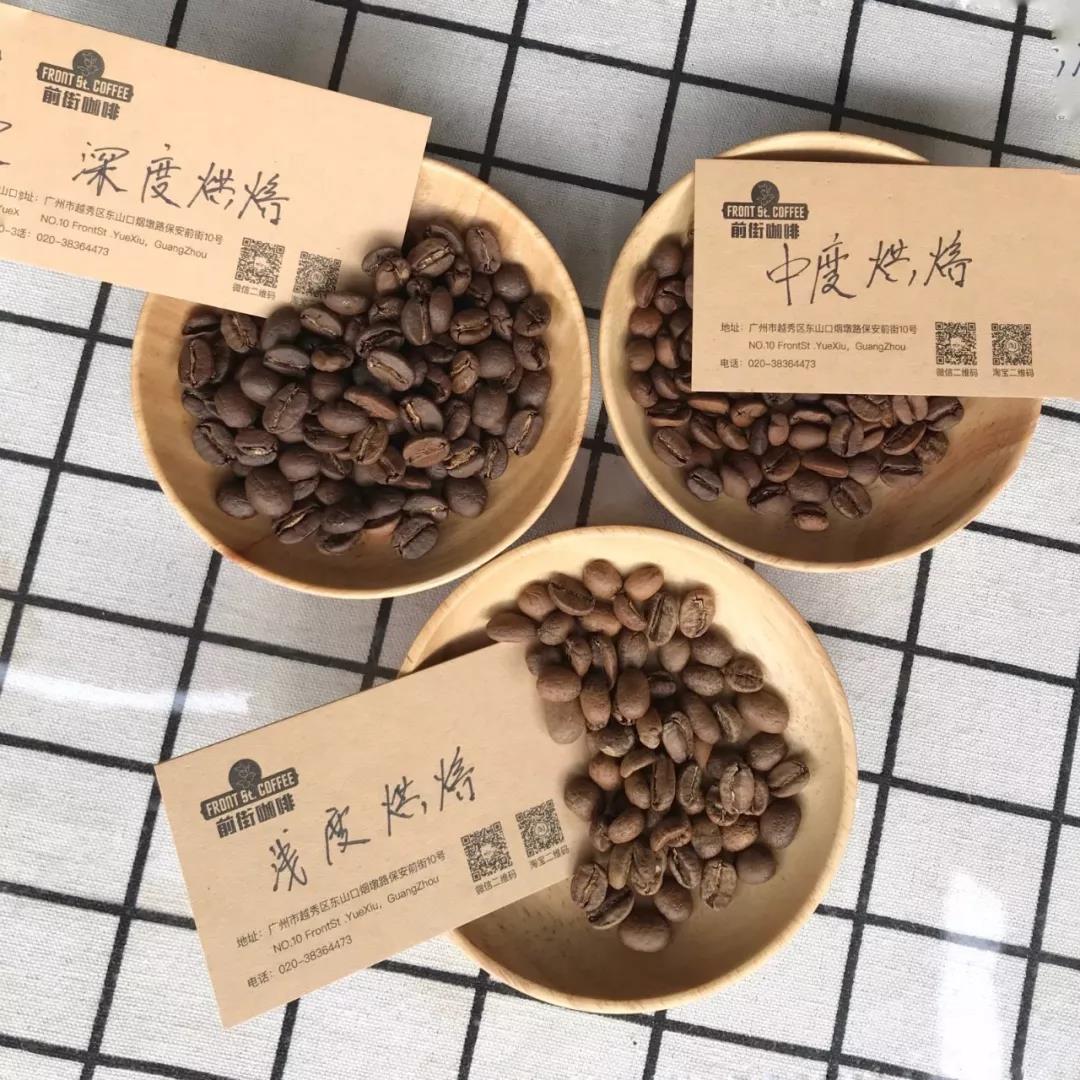
The baking degree can be regarded as the largest variable affecting the cultivation of beans, and the deeper the baking degree is, the longer the heating time of raw coffee beans is, the more intense the caramelization reaction is. And because it is subjected to a lot of heat in a short period of time, causing strong oxidation, so just after baking, it will continue to carry out intense oxidation and large-scale exhaust. It is common to see deep-baked one-way valve aluminum foil bags filled with gas in a day or two, this is the truth.
Generally speaking, medium-and deep-roasted coffee takes less time to grow beans than light-roasted coffee, and the normal figure is about 3 days. Of course, there is also the saying that you don't have to raise it and rush it directly, because there will be great differences in different methods. Maybe the coffee beans baked by this baker have a higher ripening ratio than others, so you don't have to raise them.

Italian coffee beans need to be kept for 10 or even 15 days. This practice is mainly aimed at the espresso coffee machine, strong exhaust medium-deep baked Italian beans, if the bean is not long enough, the encounter of hot water will be accompanied by a certain amount of exhaust, affecting the extraction, resulting in unstable extraction, may lead to poor flavor of espresso, or too strong flavor. The way to reduce exhaust is to increase the time of growing beans, so that the oxidation reaction of coffee beans becomes smooth and the flavor will become more balanced. If you use an American coffee maker or other utensils instead of an espresso coffee maker to cook espresso beans, you don't need to consider increasing the time spent growing beans for exhaust.
Coffee bean density
Coffee beans with high density (such as very hard beans marked with SHB) are roasted because the heat is relatively difficult to bake to the heart of the beans, but the outer layer will be scorched if the fire is too big, so the beans generally climb slowly with small firepower, and the coffee beans with high density are less likely to be roasted too deeply, with more shallow and medium roasting, high density and relatively uniform and slow exhaust, so it takes longer to complete ripening. It is normal to keep it for 5-7 days, even for 10 days.
All right, on the question of bean cultivation, the editor will talk about this ~ the next issue will introduce how to keep the coffee fresh after opening. Please continue to follow and like it.
Important Notice :
前街咖啡 FrontStreet Coffee has moved to new addredd:
FrontStreet Coffee Address: 315,Donghua East Road,GuangZhou
Tel:020 38364473
- Prev
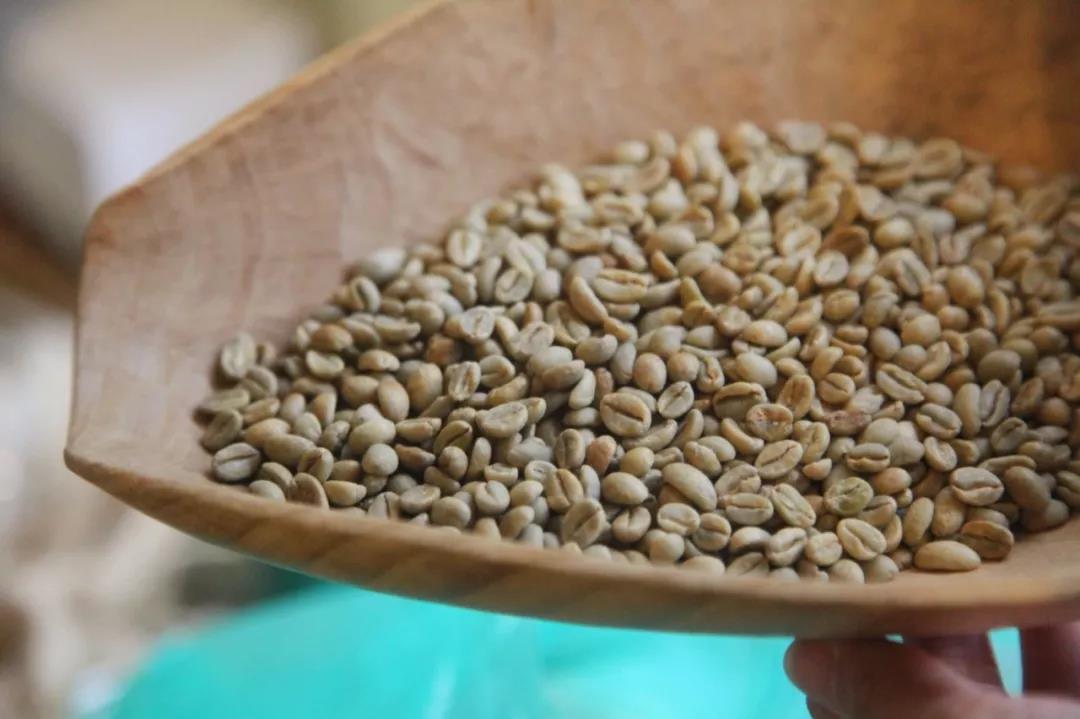
Qianjie teaches you how to make coffee. Learn what fresh coffee beans are from raw coffee beans.
In the previous articles, the editor of the coffee series introduced you to some things about hand-brewed coffee. today, the editor does not teach you how to make coffee, but starts from coffee raw beans to talk about the importance of fresh coffee. The freshness here actually contains multiple definitions. Why is there multiple definitions of fresh coffee? In the past, when we talked about whether the coffee was fresh or not, we usually meant how long it was roasted.
- Next

What is Decaf Coffee? How to make decaf coffee beans How to brew decaf coffee beans
Professional coffee knowledge exchange More coffee bean information Please pay attention to coffee workshop (Weixin Official Accounts cafe_style) ● What is caffeine Caffeine is a natural stimulant Caffeine can be found in many plant species. For the plant itself, caffeine acts as an insecticide, protecting the plant from pests. How much caffeine do humans consume from plants?
Related
- Beginners will see the "Coffee pull flower" guide!
- What is the difference between ice blog purified milk and ordinary milk coffee?
- Why is the Philippines the largest producer of crops in Liberia?
- For coffee extraction, should the fine powder be retained?
- How does extracted espresso fill pressed powder? How much strength does it take to press the powder?
- How to make jasmine cold extract coffee? Is the jasmine + latte good?
- Will this little toy really make the coffee taste better? How does Lily Drip affect coffee extraction?
- Will the action of slapping the filter cup also affect coffee extraction?
- What's the difference between powder-to-water ratio and powder-to-liquid ratio?
- What is the Ethiopian local species? What does it have to do with Heirloom native species?

